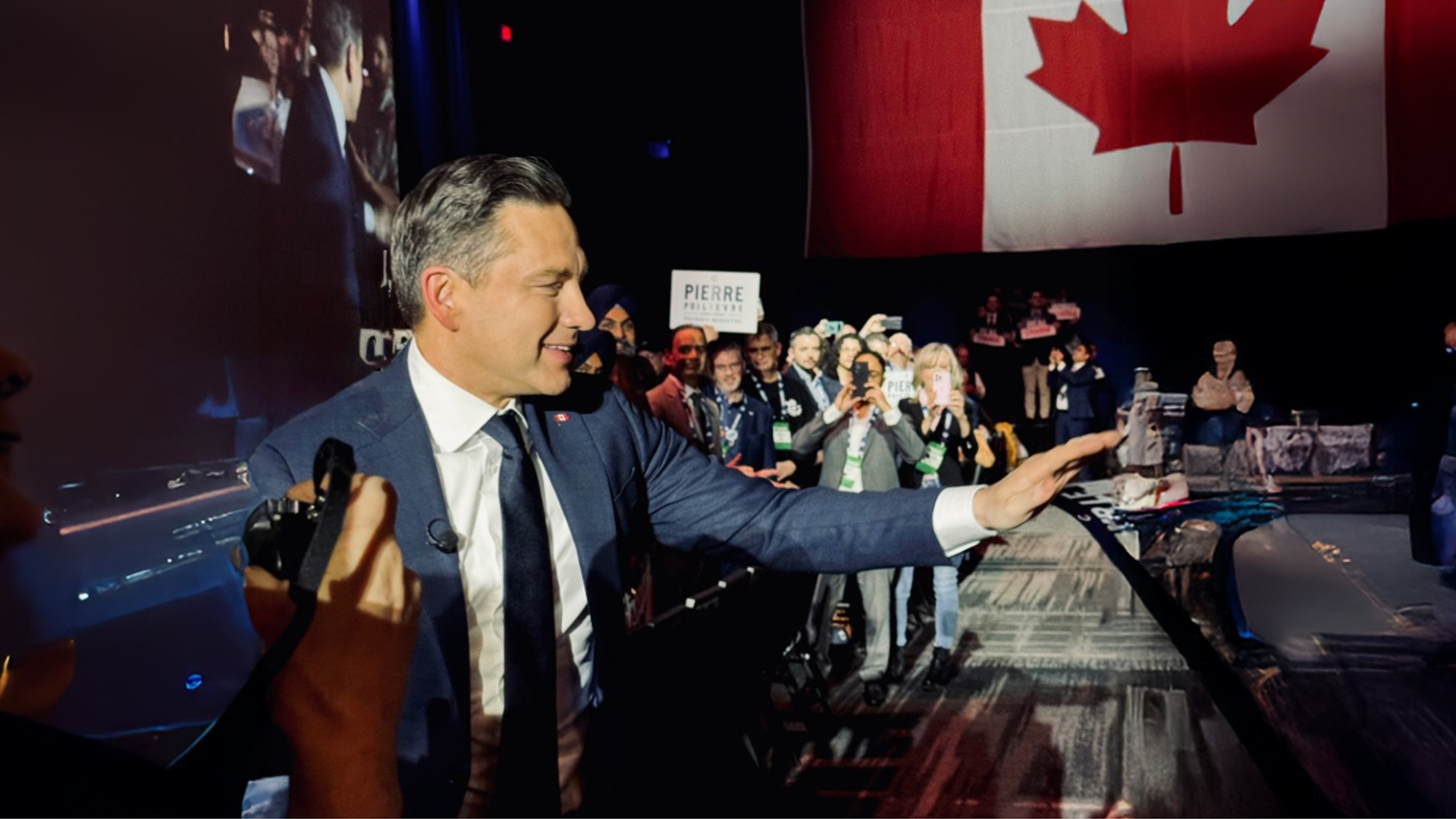Canada-EU Summit and the Strategic Case for Observer Status in European Defence Cooperation
.png)
.png)
%4010x.png)
Digital Marketing & Communications Specialist
Samuel Associates Inc.
Executive Summary
The upcoming Canada–EU Summit presents a defining opportunity for Ottawa and Brussels to align priorities across trade, economic development, and defence. As Europe undergoes a rapid defence rearmament and seeks to insulate itself from global supply chain shocks, Canada has a narrow and strategic window to integrate more deeply into the European defence-industrial base. Beyond traditional trade policy discussions, the Summit should consider Canada’s application for observer status in the European Defence Agency (EDA) and, more broadly, its participation in EU-funded defence and security programs under the European Peace Facility, Permanent Structured Cooperation (PESCO), and the European Defence Fund (EDF).
Canada’s inclusion as an observer to the EDA would not only strengthen NATO cohesion but also reinforce the EU’s aspiration for greater transatlantic interoperability. This essay argues that such a step would allow Canada to contribute to Europe’s defence modernization, diversify its own defence industrial dependencies, and open a new frontier for industrial, regulatory, and policy alignment with the EU.
Strategic Context: The Changing Transatlantic Equation
Russia’s war in Ukraine has accelerated the pace of military modernization across Europe. European nations are increasing defence budgets, reinvigorating supply chains, and fast-tracking joint procurement programs. Germany’s Zeitenwende, France’s push for strategic autonomy, and Eastern Europe’s modernization initiatives are recalibrating the EU’s defence landscape—often outside NATO’s command structure.
While Canada remains deeply committed to NATO, its limited involvement in EU defence efforts risks marginalizing Canadian industry and foreign policy in this new reality. The Canada-EU Comprehensive Economic and Trade Agreement (CETA) remains commercially significant, but it does not address the growing intersection of trade policy and strategic defence industrial cooperation now central to the EU’s policy framework.
Opportunity Window: Canada as Observer to the European Defence Agency (EDA)
The EDA serves as the coordinating hub for defence capability development within the EU. Current non-EU observers include Norway, Serbia, Ukraine, and the United States in limited capacities. Canada—given its G7 membership, longstanding EU ties, and NATO integration—possesses a more compelling case than many of these nations for structured participation.
Benefits of Observer Status for Canada:
- Industrial Participation: Allows Canadian companies to participate in EU defence R&D consortia, co-production agreements, and innovation frameworks.
- Policy Synchronization: Enables Canadian policymakers to monitor and engage on EU regulatory shifts affecting dual-use technologies, arms exports, and procurement directives.
- Strategic Signalling: Reinforces Canada’s commitment to European security at a time when trust and reliability among allies are being re-evaluated.
- Bridge to EDF/PESCO Access: While full access is politically sensitive, observer status can serve as a stepping stone to selective participation in EU defence mechanisms, particularly with Nordic and Baltic allies.
Economic Development Meets Strategic Imperative
For Canada, the intersection of economic development and defence procurement is no longer academic. Budget 2024 signaled a long-overdue pivot to rearmament, but Canada’s industrial base remains heavily reliant on U.S. programs and domestic capacity is under strain. Tapping into Europe’s defence rearmament could:
- Support Canadian SMEs via joint ventures in cyber, ISR, munitions, and aerospace;
- Encourage foreign direct investment from European primes looking to de-risk supply chains;
- Create regulatory alignment for exports and procurement practices to avoid duplication with U.S. ITAR or Buy American constraints.
Strategically, this also strengthens the case for Canada to be seen as a reliable Atlantic middle power capable of bridging the EU’s defence ambitions with North American capacities.
Timing and Political Readiness
The timing is ideal:
- EU Institutions are recalibrating strategic partnerships under their 2024–2029 mandates.
- Canada’s new Prime Minister is actively rebranding the country’s global posture—seeking to reverse years of perceived defence stagnation.
- The U.S. election cycle creates uncertainty, prompting Europe to diversify its strategic dependencies
Additionally, the EU is increasingly receptive to ad hoc partnerships that reinforce strategic autonomy without threatening institutional coherence.
Recommendations
- Advance a formal request at the Summit for observer status to the European Defence Agency and define pathways to structured engagement in PESCO and EDF.
- Propose the creation of a Canada-EU Strategic Defence Dialogue, focused on aligning procurement cycles, innovation pipelines, and joint capability development.
- Encourage Canadian Defence and Innovation SMEs to co-locate in Europe, possibly through a binational innovation hub co-sponsored by Global Affairs Canada and the EU External Action Service.
- Negotiate carve-outs within CETA or supplementary arrangements to facilitate defence-specific industrial cooperation, including IP protection, export control harmonization, and supply chain resilience mechanisms.
Closing Reflections
At a time when global defence cooperation is being redefined, Canada cannot afford to sit on the margins of Europe’s strategic evolution. Observer status in the European Defence Agency would formalize a role Canada already plays informally—one of trusted transatlantic partner, NATO stalwart, and industrial contributor. By aligning trade and defence more deliberately with the EU, Canada can unlock growth, reinforce alliance trust, and elevate its voice in shaping the security architecture of the 21st century.
%4010x.png)
%4010x.png)

.png)


